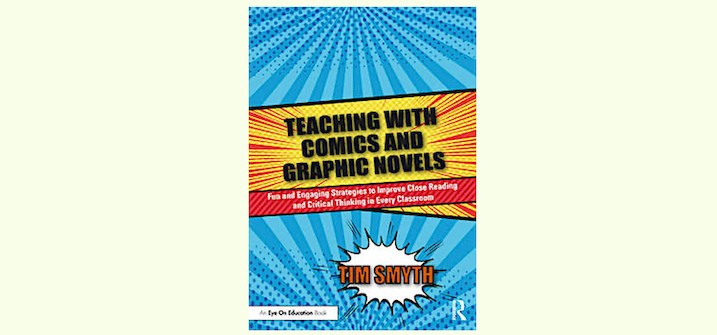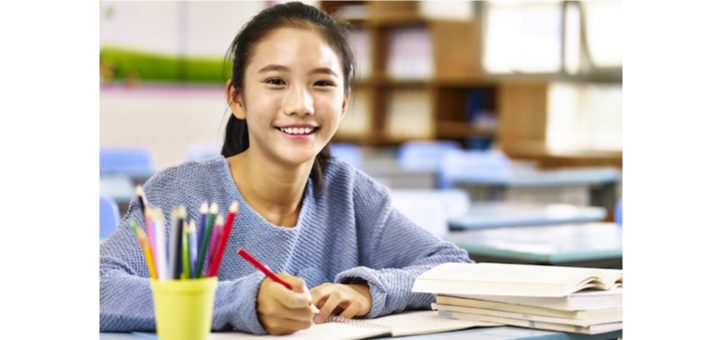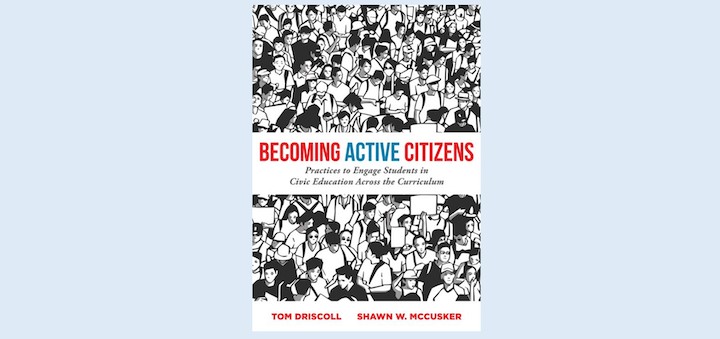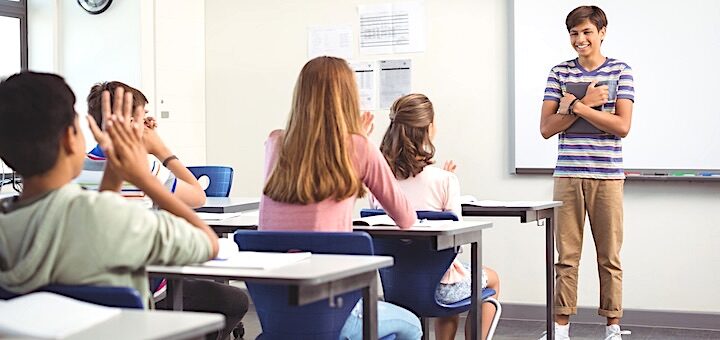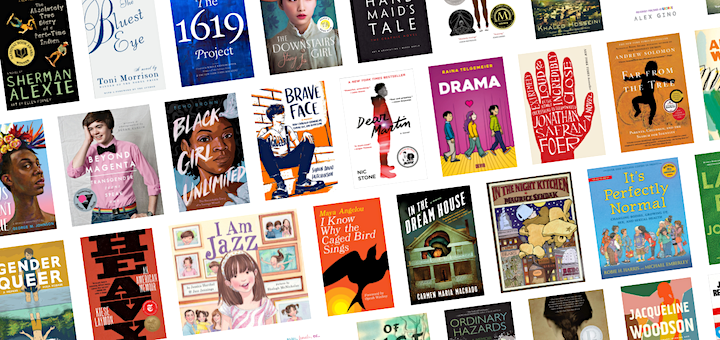Add Comics and Graphic Novels to All Classes
Using engaging strategies and many examples, teacher Tim Smyth makes a convincing case for viewing comics and graphic novels as literacy tools, helping build reading and critical thinking skills. Kevin Hodgson is glad that Smyth also shows how kids can create their own comics.

